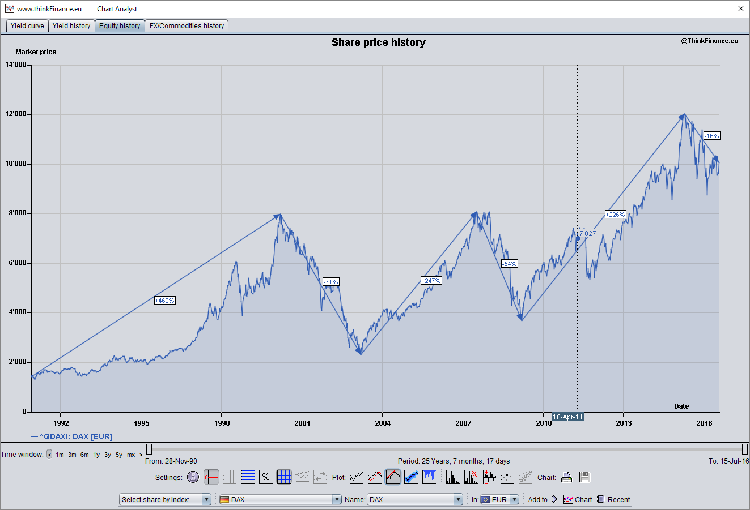Historical data provides an excellent basis for market shifts and changes. The data is valuable, as it can help you predict future market trends. If it’s historical pricing data you’re after, you likely want one from your competitors. Analyzing a company’s historical pricing data allows you to gather relevant data that you can use to identify challenges and modify your price policy in the best way possible.
What is Historical Pricing Data?
Historical data helps you generate demand data, which helps you better understand the activities, the profitability of your products or services, and the projected profit for the brand overall.
What Policy Changes Should You Know?
There are three ways those policy changes can go. You may:
- Lower your prices. Charging less than the rate your competitors charge can help you get businesses and leads. This is traditionally for products that can be sold in bulk. If that’s the case, you can attract more clients to your brand, products, or services with lower prices.
- Hike up your prices. Charging more than your competitors can create the impression that you offer better quality services. But times are tough. That could also get you fewer leads and customers. People want affordable options. However, if your products or services have an additional feature that could warrant the extra cost and it may be enough to get more leads.
- Match the prices. Another strategy that works is to match your price to the current prices on the market. The only catch is that you must provide products or services with better quality. Shoppers who already pay the same amount for a less-than-stellar product or service will be more than happy to try out your deal.
What Policy Changes Can Happen?
Once you have the necessary historical market data in your hands, you can investigate your business further from that end. Is the experience pleasant for customers? Is the process convenient and stress-free? What policy changes will benefit and move your campaigns and plans forward? Knowing the answers to these questions will help you decide how to modify your price policy to give yourself the best possible advantage when dealing with clients or buyers.
How Do You Analyze a Price History?
There are several programs that already make this an easy task. You need to analyze a competitor’s price history thoroughly if you want to benefit from and make the most of the data. Track and monitor how the competitor’s prices changed during the last few years. What factors triggered those changes? Will those factors also affect your products or services?
Where Do You Get Your Pricing Data?
You can also get the data from a trusted dataset provider. That ensures that you get accurate data that you can use for your research and decision-making. You and your team can stay ahead of the curve with information that can help you predict the next movements of the demand market. You can make decisions or changes to your policy that can take advantage of upcoming market shifts and changes.

